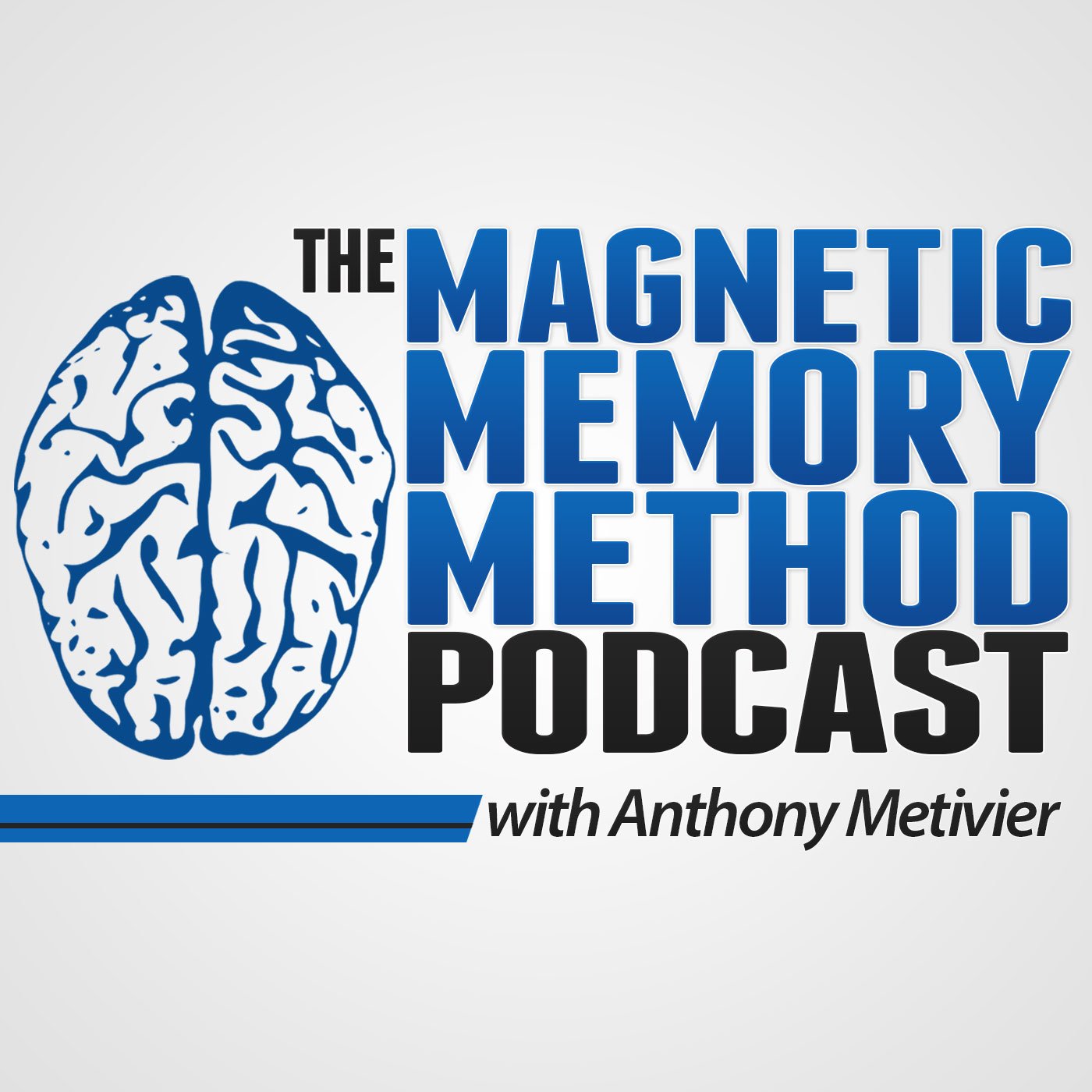How to Get Rid of Brain Fog (Fast Relief + 7-Day Plan)
Description
 Today I’m going to show you how to get rid of brain fog based on the research I’ve done to handle the problem for myself.
Today I’m going to show you how to get rid of brain fog based on the research I’ve done to handle the problem for myself.
I knew I had to take decisive action because when left untreated, brain fog is likely to get worse.
That means, your focus could continue to fade.
You may fail exams you want to pass.
And learning that language you dream about speaking fluently? It will continue to feel like a slog.
Worse, remembering the names of new people and even loved ones will potentially get harder and harder to retrieve.
But here’s the very good news:
You can reduce the impact of brain fog.
Possibly even eliminate it.
On this page, I’m going to share with you exactly how I resolved my brain fog in a step-by-step manner. And give you a 7-day routine you can start benefiting from immediately.
Important: The experience I’m sharing is educational and not medical advice. If your symptoms are new, severe, or worsening, see a clinician and discuss any changes before you try any of these suggestions.
As discussed in my book, The Victorious Mind, getting proper medical advice while researching solutions is what I’ve always done.
So, if you’re ready to reduce the impact of brain fog on your life, keep reading.
We’re taking a deep dive into what brain fog is and how to beat it.
What Is Brain Fog?
Brain fog is defined as mental fuzziness. Its symptoms include:
- Mental exhaustion
- Reduced cognitive ability
- Lack of concentration
- Feeling “spaced out”
- Foggy head
- Long-term memory loss
Another way to define it comes from the scientist Karan Kverno, who says that it is “the subjective experience of neuroinflammation.”
Just as important as the definition, we have to take note of this condition.
For example, mental fog has only gotten worse since the pandemic. Studies show that Long Covid Syndrome (LCS) can create or aggravate it.
People undergoing chemotherapy may also suffer increased incidences of mental fog.
With its ongoing evolution in mind, let’s look deeper at these symptoms.
Symptoms
Mental exhaustion can be defined as everything from lack of motivation to irritability. It can have short-term or long-term effects.

Reduced cognitive ability can involve things like struggling to complete tasks that should be deep in your procedural memory.
Poor concentration is not only about focus. It can involve difficulties in sitting still. You might also notice that you lose things more often.
Being spaced out involves mind wandering or feeling disconnected with reality.
And having a foggy head gets that term because you might feel like your mind is cluttered with dense clouds. You may be easily distracted or confused.
Causes
When I was still on the hunt for a brain fog cure, I experienced all of the above symptoms. In my case, each symptom was exaggerated by taking lamotrigine for manic depression.
Fortunately, I asked my doctor about alternatives (just like you should do). We found that a complete dietary overhaul enabled me to stop taking this medication.
Now all of the brain fog issues it caused are over now and I find it easier to concentrate on demand.
All the more reason to regularly visit your doctor and discuss everything.
In my case, it’s clear that a medication that was no longer needed was a huge driver of the symptoms. But many people don’t get regular medical reviews, which are so needed in our era of automated prescription renewals.
Beyond medication, there are many lifestyle culprits you can eliminate to deal with brain fog and other aspects of cognitive decline. These include:
- Lack of exercise
- Computer use in bed (instead of using this reading before bed protocol)
- Poor diet, especially from eating foods that harm the brain
- Dehydration
- Insufficient sleep
- Undiagnosed health issues
- Stress and anxiety
- Depression
- Chronic pain
- Gut health
- Aging (especially when chemotherapy is in use)
- Neuroinflammation
</






